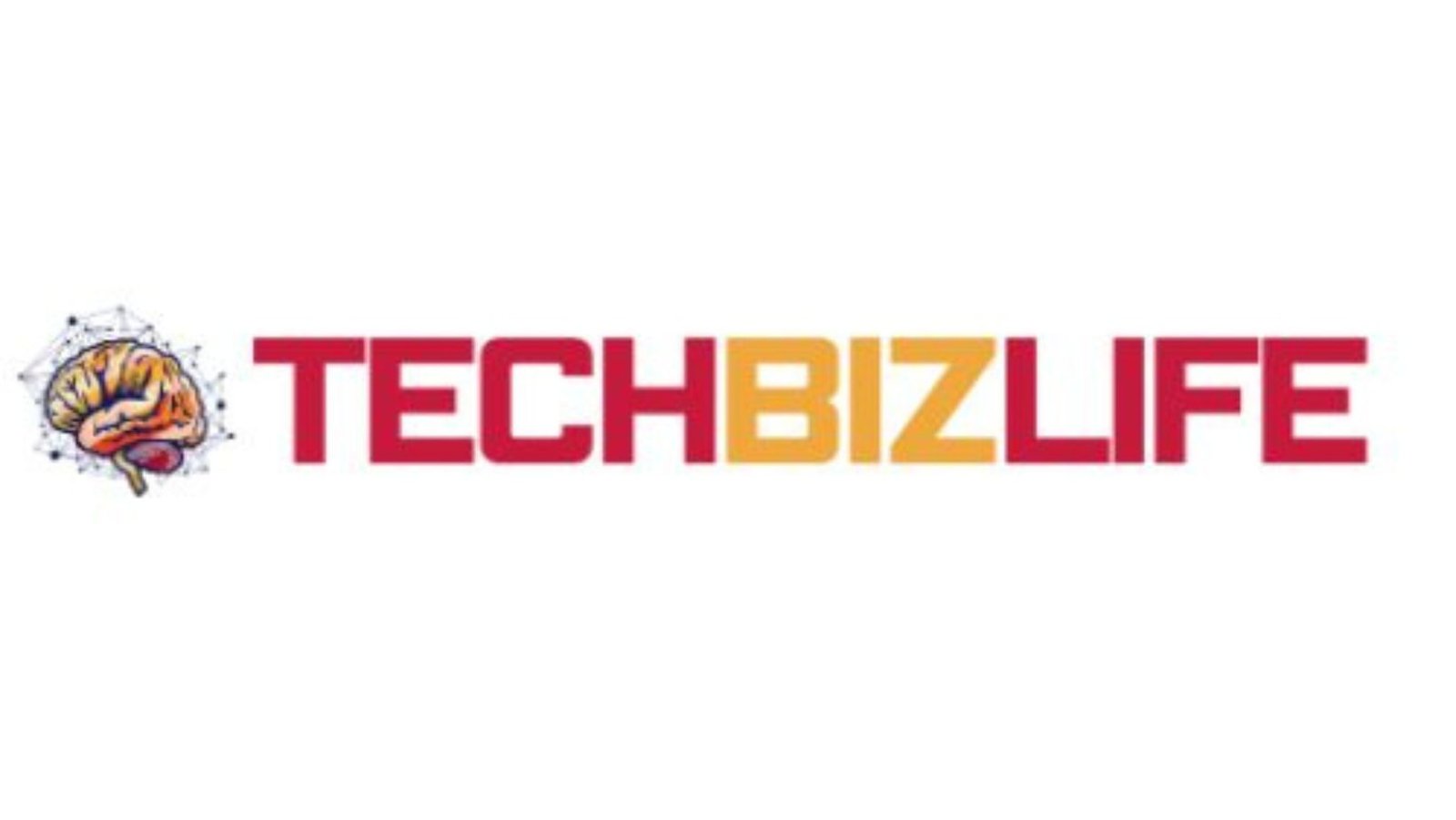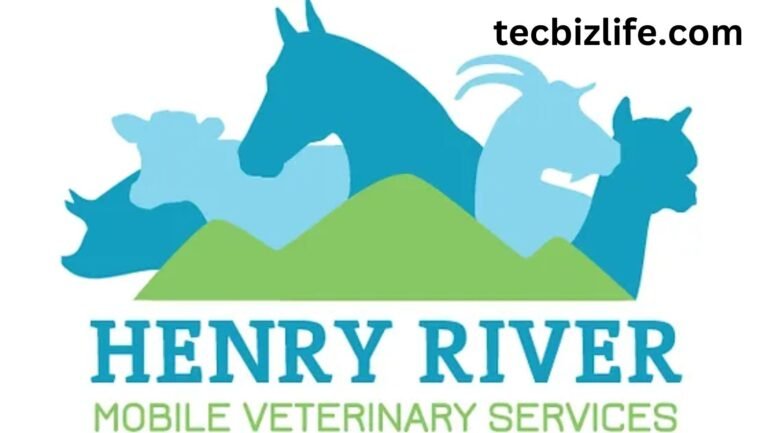Large animal veterinarians, including Dr. Henry, play a very essential role in maintaining livestock, horse, and farm animals at healthy well-being, efficient, and safe conditions. Such experts provide medical care, surgery, and consultation concerning the well-being management of animals that are crucial to agriculture and food production. For instance, an animal is brought to Dr. Henry – the animal’s treatment is only the best. Moreover, farmers and cattle rearers are supported in the care of the animals. Duties, qualifications, and daily challenges of large animal vets, such as Henry, will be discussed in this article and many questions about the profession of large animal vets will be answered.
Key Takeaways:
- Large animal veterinarians like Dr. Henry specialize in the care of livestock, horses, and other farm animals.
- This post explores the role, responsibilities, and expertise required of a large animal vet like Henry.
- Key questions, such as qualifications, procedures, and the day-to-day challenges of this profession, are answered.
- The article is structured to maintain a flow with transition words and informative content, following SEO best practices.
What Does a Large Animal Vet Do?
A big animal vet, like Henry, diagnosed and treated diseases and prevented farm animals and livestock diseases. Specialized veterinarians would show this interest in the kind of animals such as horses, cattle, sheep, goats, and pigs. Their services play a very crucial role both in animal welfare and in agricultural production.
Also Read More: large animal vet henry
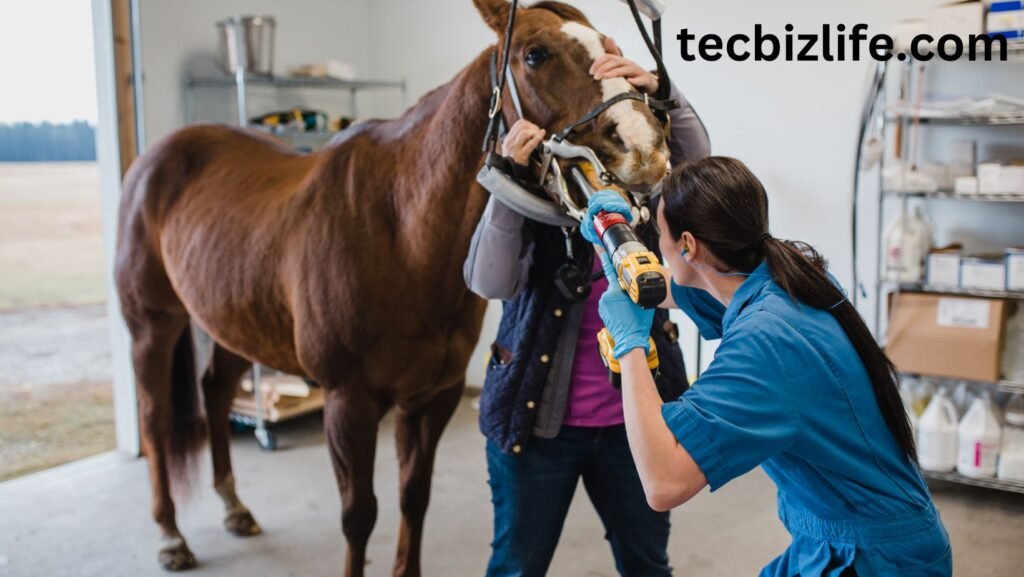
Main Responsibilities:
- Preventive care: Vaccination checkups and other prevention techniques against diseases
- Surgeries: Major surgeries or procedures such as C-sections on bigger animals.
- Medical Interventions: Diagnosing diseases and administering medication or treatment.
- Reproduction Support: Providing breeding support, fertility tests, and other prenatal checkup.
- Health Consultation: Counselling farmers on nutrition, health care, and management of their animal stock.
Henry, being a large animal vet, takes care to ensure the health of the animals and minimizes economic losses for the owners by keeping the livestock healthy.
Qualifications to become a large animal vet
To become a large animal vet like Henry, the following qualifications and steps are needed for the said position:
Qualifications
- Undergraduate degree: Bachelor’s degree in any of the disciplines, such as biology, animal science, or pre-veterinary studies.
- Doctor of Veterinary Medicine: The 4-year veterinary program accredited by the American Veterinary Medical Association.
- Optional postgraduate degree: After obtaining a DVM, further certifications are available to veterinarians for large animal care or farm animal medicine.
Licensure/Certification:
- Licensure Exam: Must pass the North American Veterinary Licensing Examination (NAVLE).
- State Licensure: Must be licensed to practice within the state in which he or she will work; most states require the reinstitution of licensure on renewal and many involve continuing education.
Henry’s broad background in veterinary education guarantees that he can approach the challenges unique to large animal treatment.
Routine Procedures Conducted by Large Animal Vets
Large animal doctors like Henry undertake a range of procedures aimed at improving the health and welfare of large animals. There are also routine and emergency medical interventions.
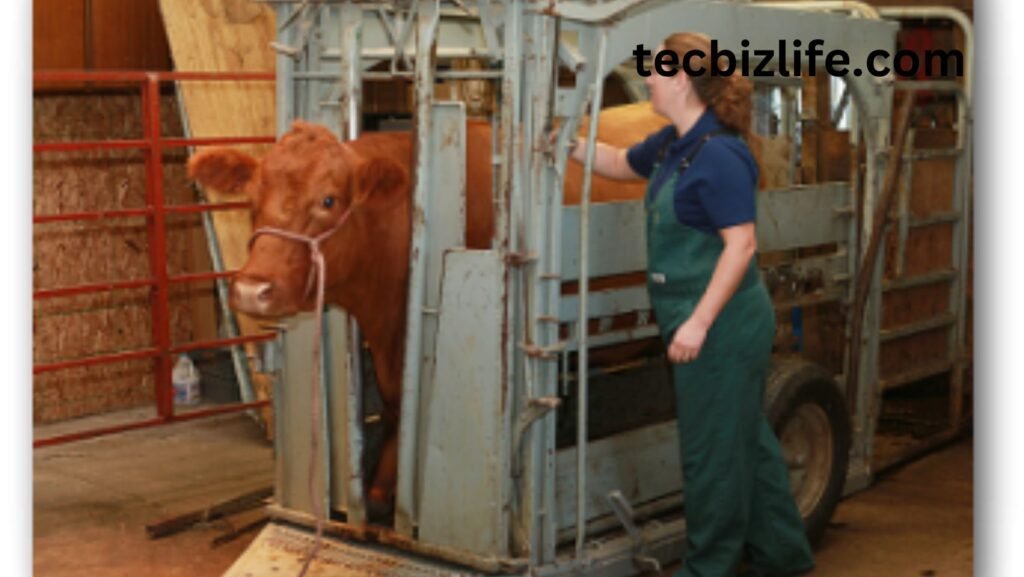
Routine Procedures
- Vaccination: Large animals are vaccinated against various diseases, such as rabies, tetanus, and anthrax.
- Hoof Care: The hooves of cattle and horses are kept to prevent them from becoming lame.
- Dental Care: The horse undergoes dental treatment that entails the treatment of oral diseases affecting its general well-being.
Emergency Procedures:
- C-Sections: Assisting in births that prove tricky for animals to give by themselves, so both the mother and the baby live.
- Fracture Repair: Broken bones in animals or horses, this is pretty tough due to the size of the animal.
- Gastrointestinal Surgery: Solving severe colic in horses. If not treated immediately, this proves fatal.
These procedures are critical to the well-being of farm animals, and Henry’s experience means he can provide timely and appropriate interventions when necessary.
The Challenges of Large Animal Veterinary Medicine
Compared with small animal or companion animal care, there are strong challenges involved with large animal veterinary medicine.
Veterinary professionals such as Henry work mostly in uncertain conditions; that is, on farms and in other rural settings that can be very physically demanding.
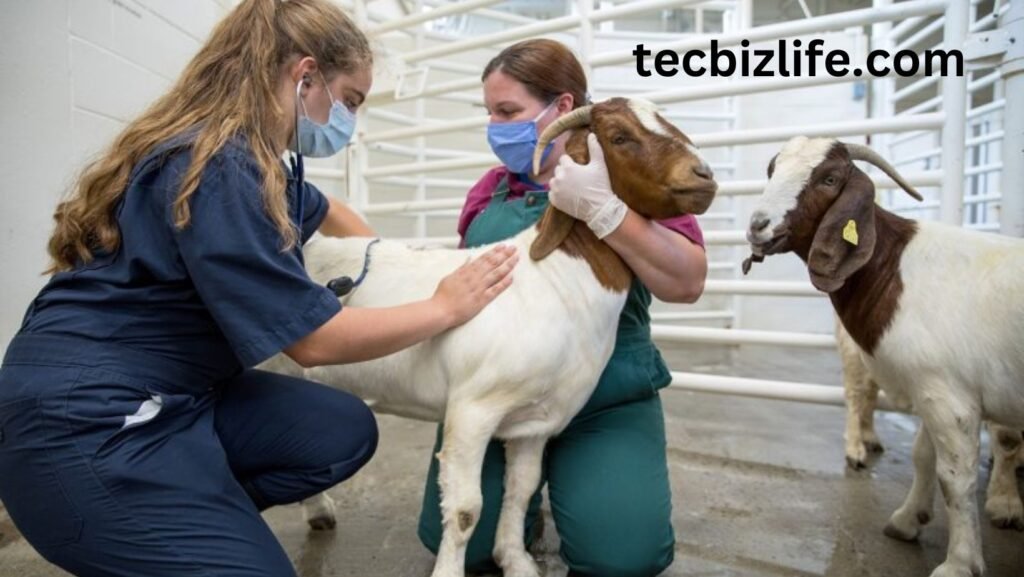
Emotional Stress:
- It is emotionally challenging to relate with injured or diseased animals especially when the measures fail to yield results.
- It is at times emotionally straining for the needs of the animals and their owners to be met, especially when the process calls for tough decisions like euthanasia.
Travel and Hours:
- Large animal vets often spend hundreds of miles traveling across farms and ranches and many hours on the road to get to clients.
- Emergency calls may come at any time, which would require work at night, on weekends, and irregular hours.
Henry has proven that it is not an easy job, but he is so willing for animals to live.
Why Large Animal Vets Are Important to Agriculture
Large animal vets such as Henry are essential to the agriculture sector. They ensure that livestock stays healthy, and the effect of this impacts food production directly and farm incomes.
Also Read More: large animal vet henry
Importance to Food Safety:
Healthy livestock equate to healthier food supplies. Meat, dairy, and other animal products become safer because of vets such as Henry through controlling disease infestations.
Control of Diseases:
- Large animal vets are generally at the forefront of preventing outbreaks of diseases like foot-and-mouth disease or bovine tuberculosis that can decimate livestock and create significant impacts on agricultural activity in terms of dollars.
Animal Welfare:
- These vets ensure that farm animals are treated with minimal pain or discomfort and provided with medical care to sustain a high standard of welfare.
By educating farmers and livestock operators, Henry ensures the latter is focused on animal health essential element of an effective agricultural sector.
Tools and Equipment of Large Animal Veterinarians
Large animal veterinarians require specific tools to diagnose and treat their patients. Below is a table summarizing some of the major tools that Henry employs in his veterinary practice:
| Tool/Equipment | Function |
|---|---|
| Portable Ultrasound | Used for pregnancy checks and diagnosing internal issues |
| Hoof Trimmers | To maintain hoof health in cattle, sheep, and horses |
| Calving Jack | Assists in difficult births, especially in cattle |
| Portable X-ray Machines | Diagnosing fractures and internal problems |
| Equine Dental Tools | For floating horse teeth and addressing dental issues |
| Syringes and Needles | Administering vaccines and medications |
These tools give Henry all the leverage to ensure high-quality care regardless of the environment that he’s in.
Frequently Asked Questions about Big Animal Vet Henry
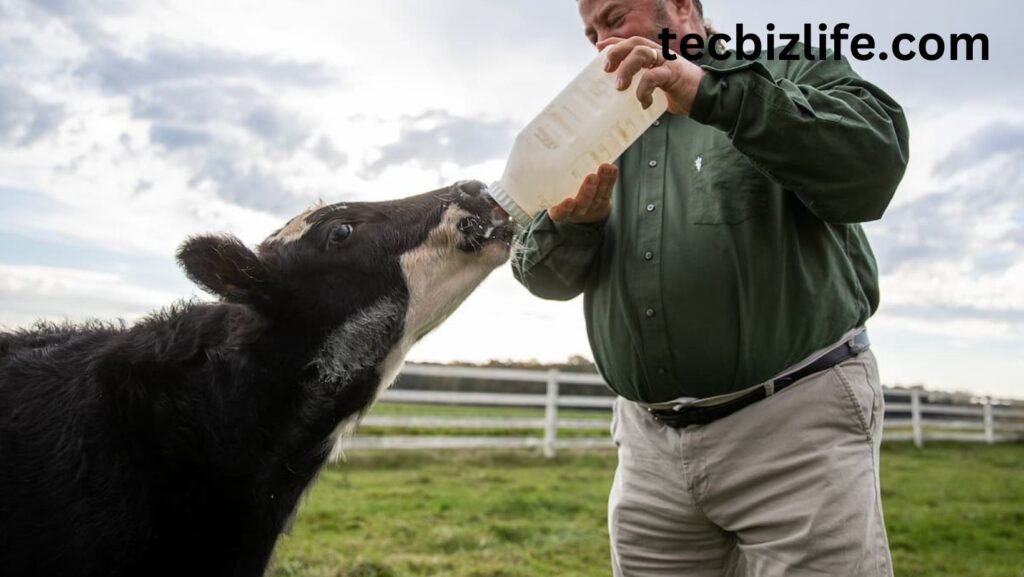
What are some areas that big animal vet Henry specializes in?
Henry specializes in livestock care for cattle, sheep, horses, goats, and pigs. He specializes in the provision of emergency surgeries, vaccinations, preventative care, and reproductive health services.
How does Henry deal with veterinary emergency cases?
Henry often travels to farms or the countryside to provide emergency care. His mobile veterinary unit is fully equipped with all the instrumentation and medications he may need for an emergency call, including attending a challenging birth or caring for injured animals.
Can Henry Attend Both Routine and Surgical Cases?
Yes, Henry has been schooled on how to attend both routine vaccinations and checks as well as complex surgeries such as C-sections and fracture repairs.
What Animals Does Henry Treat?
Henry treats a variety of large farm animals including horses, cattle, pigs, sheep, and goats. He also offers health consults on herd management and preventive care.
The Future of Big Animal Veterinary Medicine
The future of big animal veterinary medicine is different, and technological advancements will make better care for farm animals. Some trends that are shaping the field include:
Telemedicine:
Innovations in communication technology could offer phone, video, or online consultation services to farmers by vets like Henry to allow for remote examination and diagnosis.
Robotics:
A high-precision surgical and treatment robot could be part of large animal care, ensuring safer, less invasive procedures.
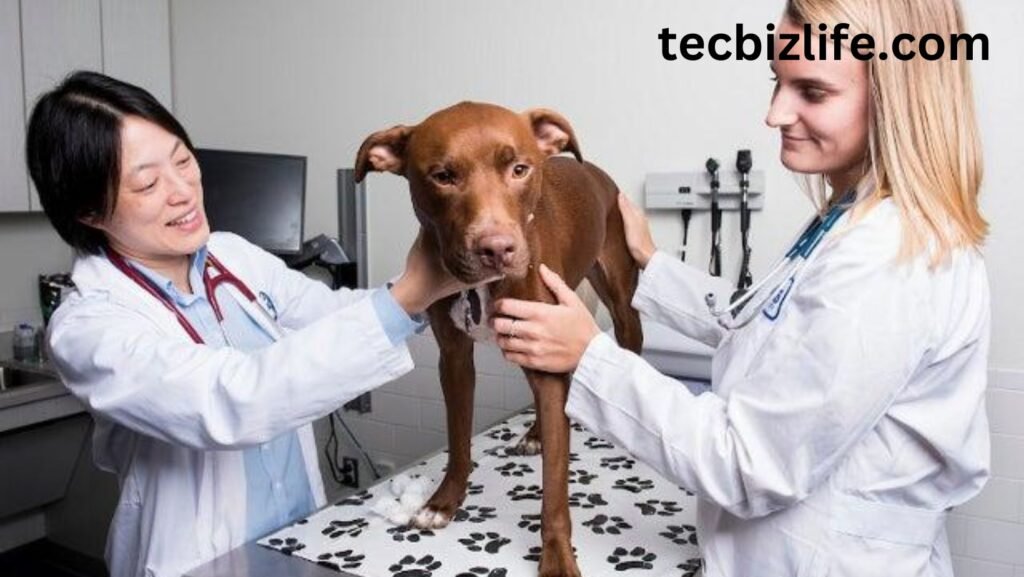
Genetic Engineering:
The age of genetic engineering will see large animal vets work closely with geneticists to improve breeding programs and healthier livestock populations.
Also Read More: large animal vet henry
In doing this, Henry is aware of these developments to ensure his practice stays at the cutting edge of veterinary medicine.
Conclusion
Large animal veterinarians are very important for agriculture and care in farm animals. From preventive medicine to emergency surgeries, Henry symbolizes the expertise and commitment that exists for the welfare of animals. His involvement across the gamut of large animal veterinary medicine and the commitment he dedicates to ensuring the well-being of this livestock makes him crucial in keeping the farm animals healthy and ensuring that agricultural operations are successful.
